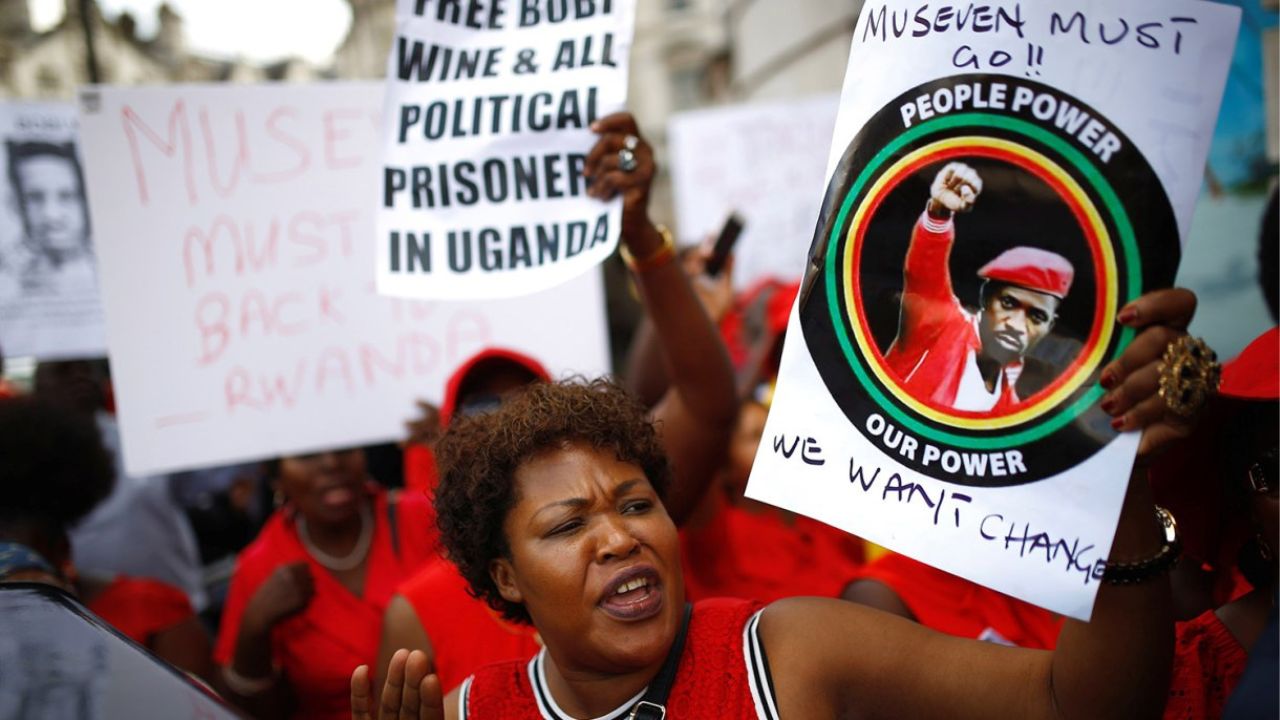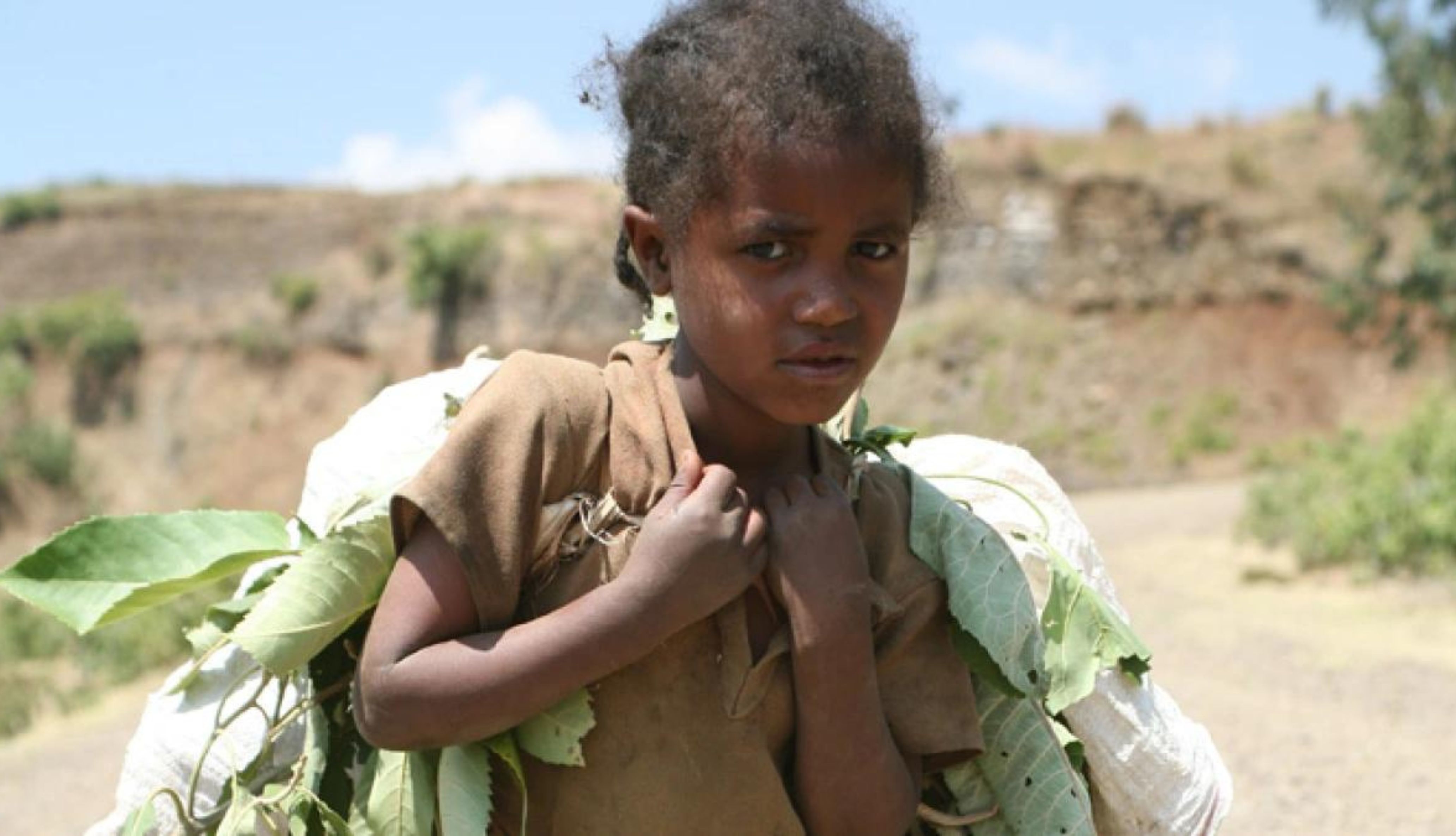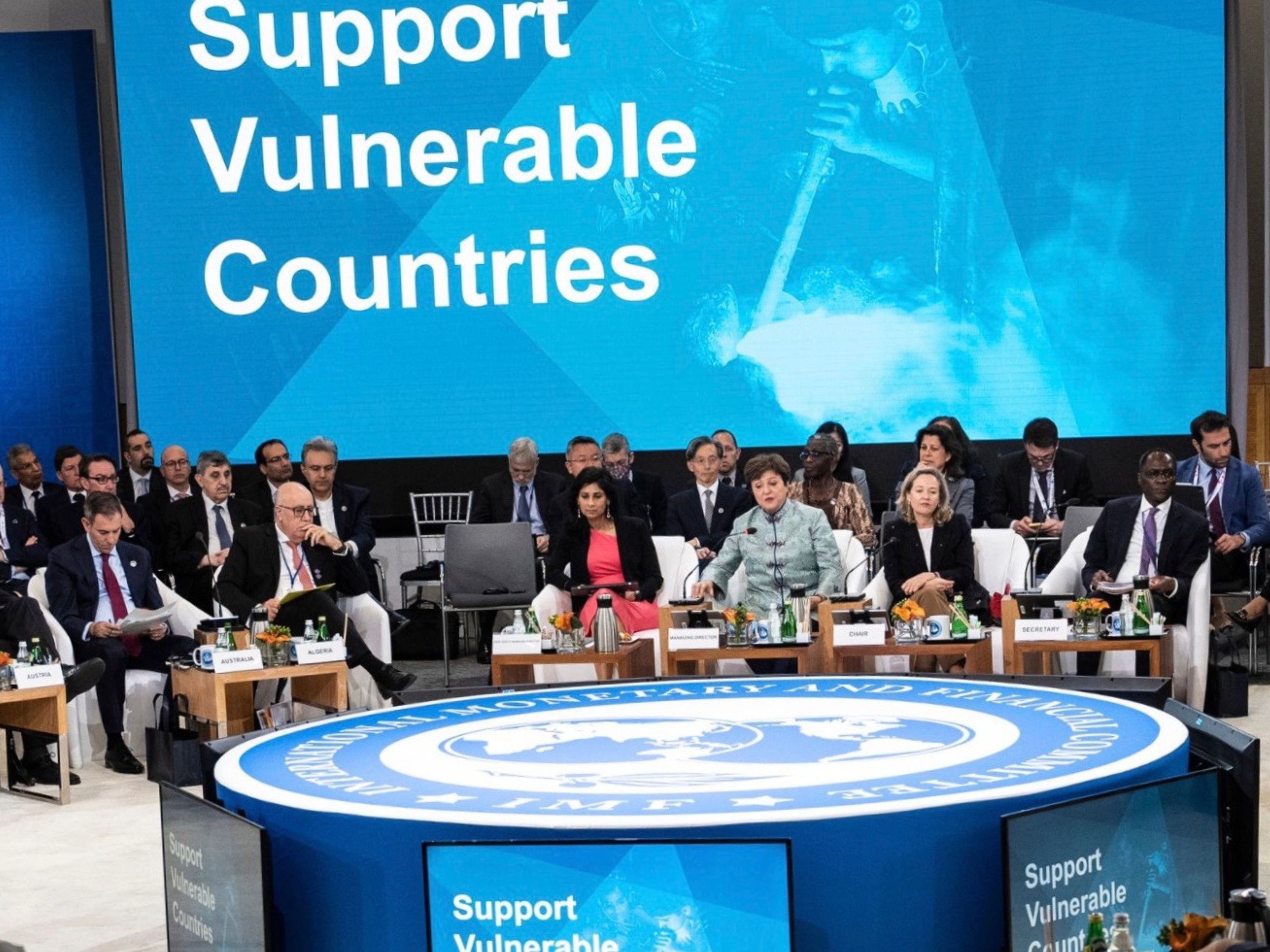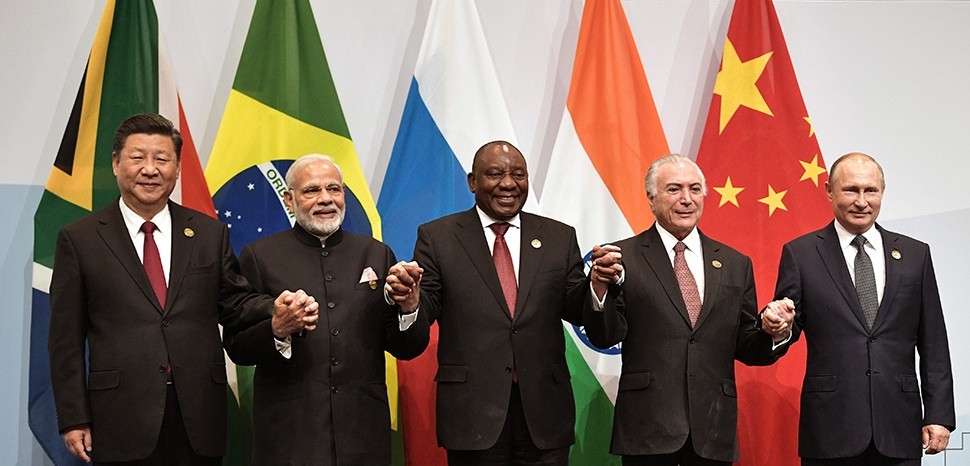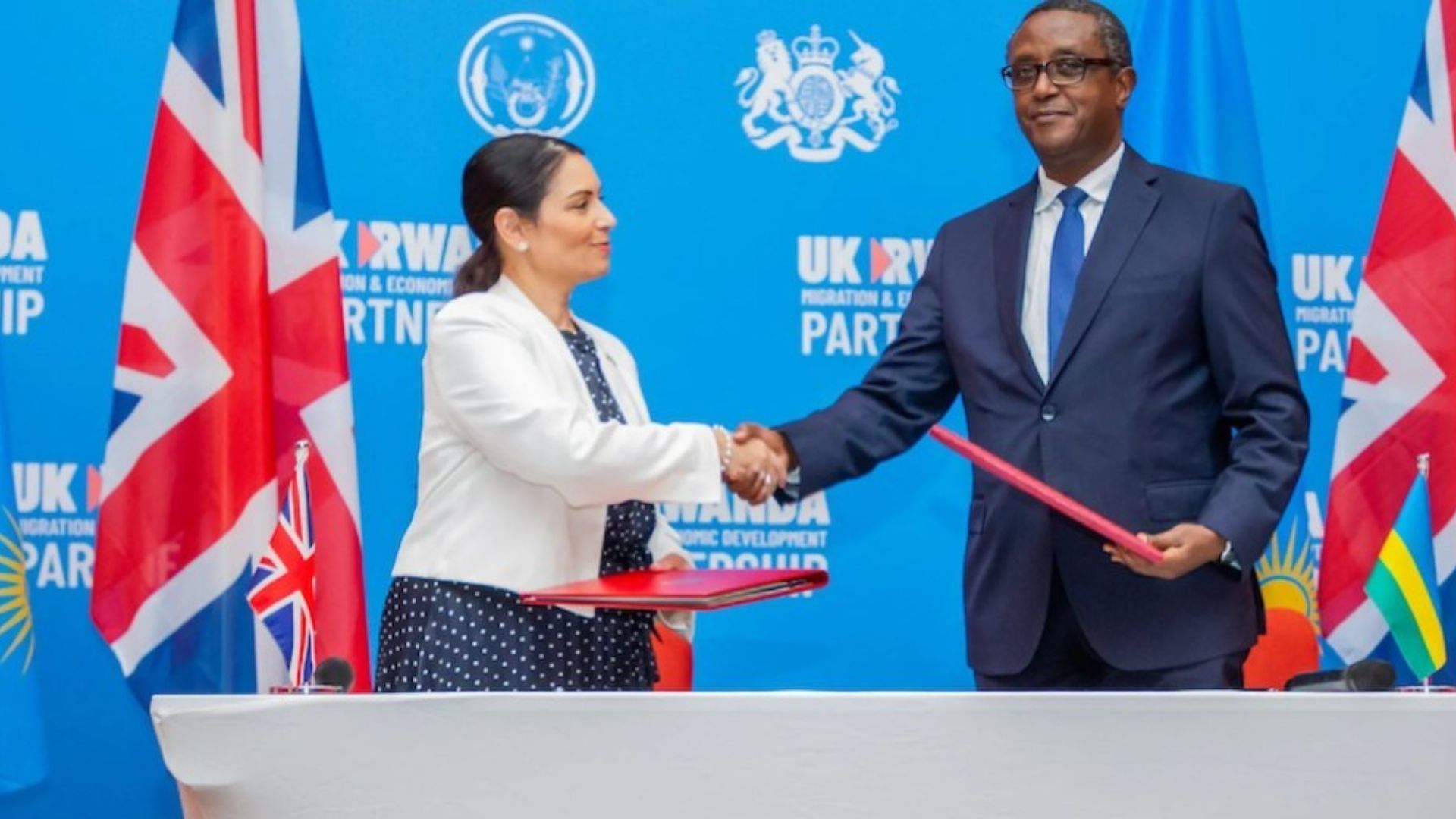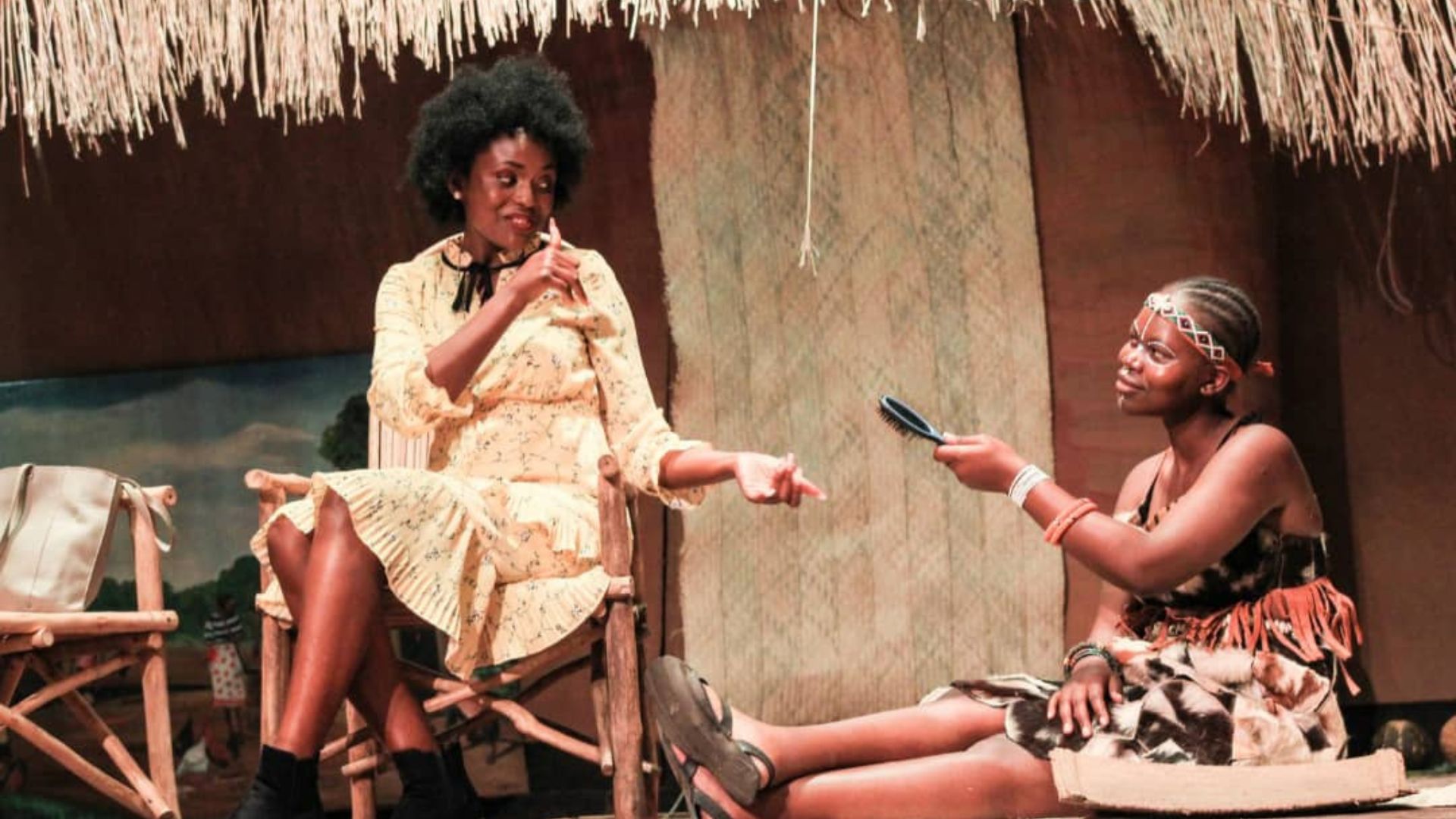Grace Alele-Williams, born on 16th December 1932, started her educational journey at the Government School in Warri, Delta State. Growing up in an era of limited educational opportunities for women, Grace exhibited an early determination that set the foundation for her groundbreaking career. She furthered her education at Queen’s College in Lagos and obtained her first degree from University College, now the University of Ibadan.
Her first job after graduation in 1954 was teaching mathematics at Queen’s School in Ede, Osun State. However, she soon grew dissatisfied with her situation. Instead of accepting the status quo, Grace secured financial aid from the Nigerian Head of Service and travelled to the University of Vermont in the United States, setting the stage for a significant shift in her career trajectory.
Life in the United States was challenging. She found the weather in Vermont brutally cold and had to grapple with forms of segregation in the rural environment. However, she persisted, and a crucial moment came with the launch of Sputnik, which brought a renewed focus on mathematics and education in the US.
This national interest change gave Grace opportunities to study at prestigious institutions like the University of Chicago, Columbia, or Harvard. She chose the University of Chicago and embarked on a journey that would solidify her legacy in the annals of Nigerian and African academia.
In 1963, she obtained her PhD in Mathematics Education, becoming the first woman in Nigeria to receive a doctorate in any academic field. Her dissertation titled “Dynamics of Education in the Birth of a New Nation: A Case Study of Nigeria” highlighted her deep-rooted patriotism, even while studying in a foreign land.
Grace’s pioneering work in mathematics education was more than merely academic. She used her passion for mathematics to bring about practical change, taking active roles in the African Mathematics Program under MIT professor Ted Martins. Here, she helped conduct mathematics workshops in various African cities from 1963 to 1975, showcasing a dedication to improving the mathematical proficiency of a whole generation of African students.
Pioneering Mathematics Education
Her interest in mathematics education was kindled during her stay in the US, which coincided with the Sputnik phenomenon. Engaged with the African Mathematics Program in Newton, Massachusetts, under MIT professor Ted Martins, she actively participated in mathematics workshops held across various African cities from 1963 to 1975.
On her return to Nigeria, Grace joined her alma mater, the University of Ibadan, before lecturing at the University of Lagos. During her time at the University of Lagos, she marked several milestones in her career and the academic history of Nigeria. In 1974, she became an Associate Professor of Mathematics, and by 1976, she had become the first full-time female professor of Mathematics in Nigeria.
Professor Grace Alele-Williams was more than a lecturer. Her influence extended beyond the classroom to education’s administrative and policy-making aspects. From being a consultant to UNESCO and the Institute of International Education Planning to chairing curriculum review committees, she played pivotal roles in shaping educational standards and policies in Africa.
Her impressive career reached a zenith in 1985 when she became the Vice-Chancellor of the University of Benin. Her tenure, which lasted until 1991, was marked by significant improvements in the university’s standard of education. After her tenure, she served on the board of directors of Chevron-Texaco Nigeria and HIP, an asset management company in Lagos, Nigeria.
Beyond her academic pursuits, Professor Grace Alele-Williams committed herself to developing and improving African educational standards. She was a consultant for UNESCO and the Institute of International Education Planning from 1963 to 1973, chaired curriculum review committees and attended Bendel State University.
In 1985, Alele was appointed Vice-Chancellor of the University of Benin, a position she held until 1991. After her term, she served on the board of directors at Chevron-Texaco Nigeria and an asset management company, HIP, in Lagos, Nigeria.
Awards and Honours
In 1987, Alele-Williams was honoured with the Order of the Niger (OON) in recognition of her diligent contributions. Elected a fellow of the Mathematical Association of Nigeria and the Nigerian Academy of Education, she consistently advocated for the inclusion of women in academia, specifically in science and technology fields.
In 2017, the University of Benin awarded her an honorary doctorate, recognising the service she rendered more than two decades ago as the first female vice-chancellor.
Professor Alele-Williams was a fierce advocate for women’s education. While directing the Institute of Education, she introduced innovative non-degree programmes, empowering older women working as elementary school teachers to receive certificates. Her efforts shattered societal norms around women’s access to higher positions in academia, opening doors for many women to come.
However, she noted that the celebration of ‘firsts’ for women in these positions indicated that progress was still being made. “We look forward to when we will have many women in such positions, and we will celebrate so many of them,” she remarked.
Grace Alele-Williams was a stellar academician and an outstanding administrator whose contributions to Nigeria’s educational development were immeasurable. Her dedication, perseverance, and unwavering commitment to excellence have left an indelible mark on the academic landscape of Nigeria.
Professor Grace Alele-Williams was a trailblazer who shattered many barriers for women in academia. Her life and career inspire countless women, providing a beacon of hope for gender equality in education and beyond.

